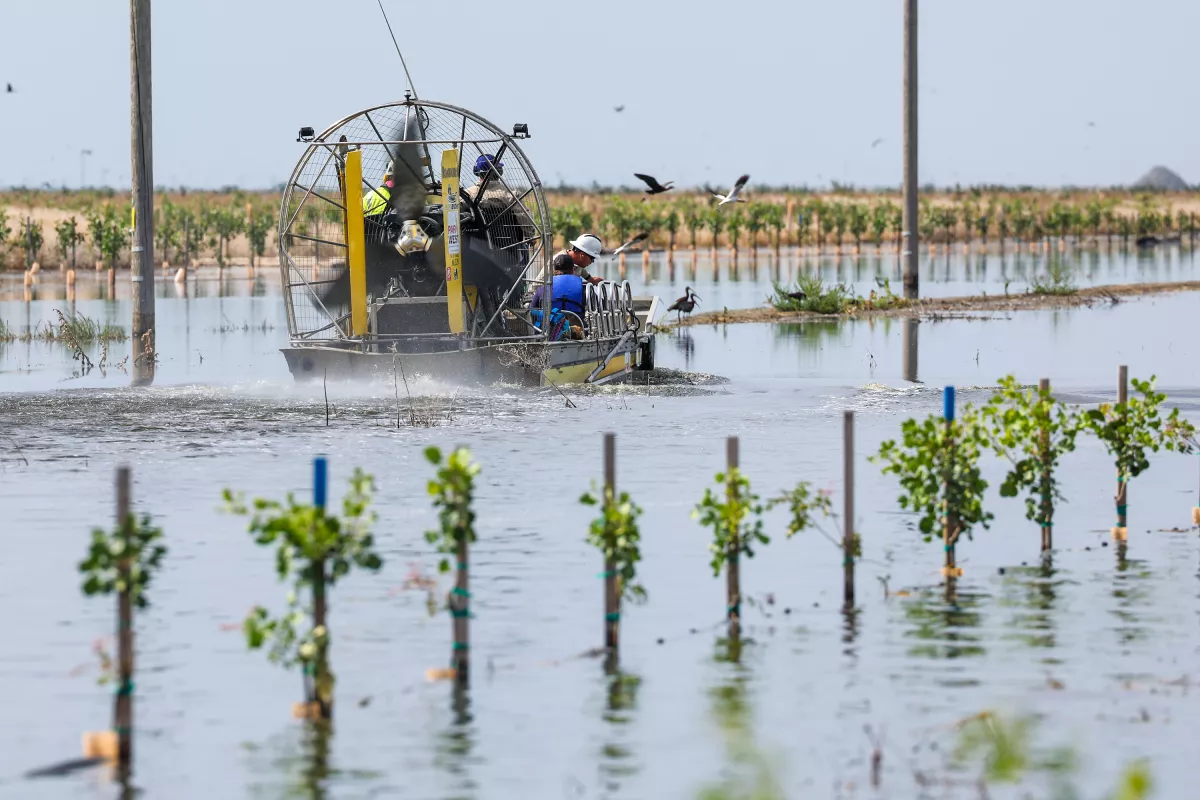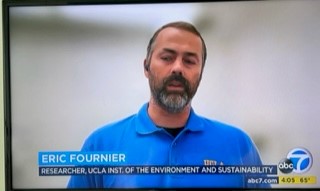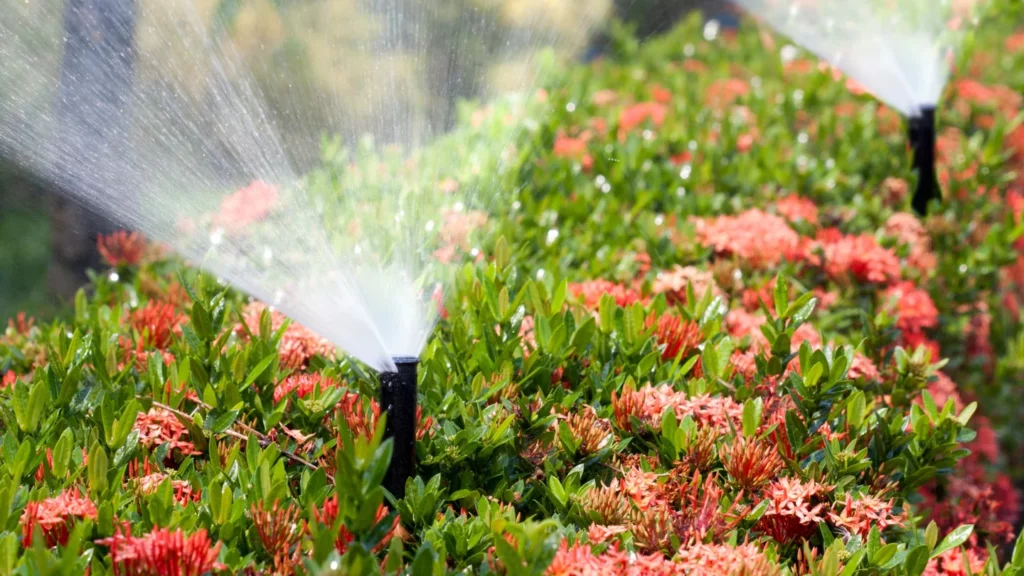Headline
Cities’ thirst nearly killed these California lakes. Not so fast, said our epic wet winter. Dr. Pincetl quoted in the LA Times.
Stephanie Pincetl, a professor at the Institute of the Environment and Sustainability at UCLA, told me that she also sees positives to this wetter reality. “We thought we could overpower nature and reengineer it with no consequences. We are seeing that that is not true over time, and I think the resurgence of these lakes is another example of that. Maybe going forward, we should be a little more respectful and find ways to accommodate, to at least some degree, the coming back of these water bodies, and what they mean, not only spiritually and for subsistence for Native peoples, but that they offer extraordinarily valuable habitat and offer ways to recharge groundwater — a lot of important reasons why they should be allowed to persist.”







